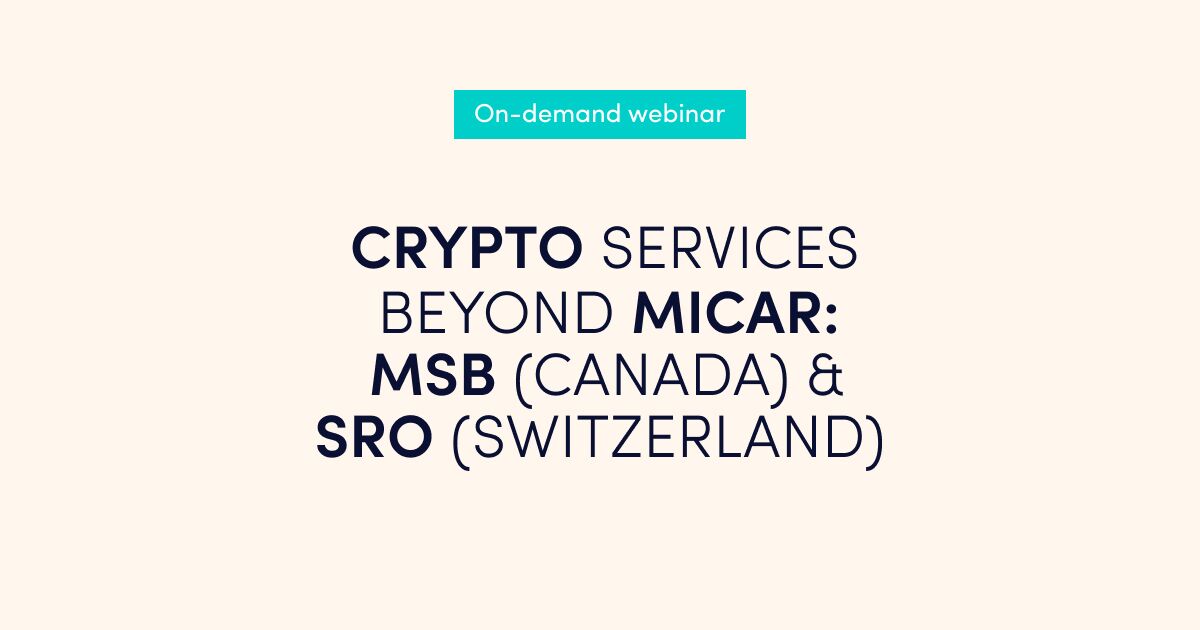Embarking on the journey of scaling a FinTech company requires strategic considerations to meet heightened demands and foster sustainable growth within the dynamic landscape of the business market. Scaling involves expanding operations to align with market conditions and strategic objectives. In FinTech, choosing the right core banking platform is pivotal in facilitating this growth. This article explores the diverse scaling methods and emphasises the critical role the right core banking platforms can play in achieving successful and sustainable business expansion.
Support for the growth in the number of clients and transactions
As a business expands, the client base and transaction volume are expected to increase. Consequently, the system load will need to scale up, and an effective core banking platform should seamlessly handle the growing amount of clients’ data and transactions without encountering issues.
The key parameter for supporting this type of scaling is Workload Scalability. Workload scalability measures a system’s ability to adjust its performance and cost in response to changes in processing demands, such as an increase in clients or transactions. Therefore, a scalable core banking platform is anticipated to remain stable and uphold its performance even after a significant workload increase, whether expected or spontaneous.
Cloud scalability is another crucial factor enabling businesses to expand their operations efficiently. Unlike hardware solutions, cloud platforms such as Azure or AWS offer scalable flexibility.
Advanced core banking platforms leverage these cloud solutions to effortlessly adjust the IT resources of fintech companies in response to fluctuating demand. This adaptability entails the dynamic scaling of servers, storage, and other computing resources. Consequently, FinTech enterprises gain advantages from this scalability, as it guarantees a cost-effective expansion of services.
Geographic Scaling with right core banking platforms
Geographic scaling involves expanding business operations into new regions or markets, often prompted by the saturation of local market opportunities, increased demand for services in different locations or new opportunities in other regions. This strategy allows the diversification of revenue streams and taps into new market segments for overall expansion.
How can the right core banking platform facilitate the geographic scaling of your FinTech business? Flexible core banking platforms, such as Macrobank, must offer a range of features and functionalities specifically designed to support business entry into new markets.
Support for new integrations. Establishing collaborations with local entities like banks or payment institutions is vital for effective service provision. Flexible core banking platforms play a pivotal role in streamlining this process from the technological side by enabling integration with new partners. Ensuring a seamless entry into the targeted market, establishing these connections empowers the integration of new payment methods, currencies, and other features that cater to the local market.
Support for new languages. Language flexibility is another critical aspect. The core banking platform must support the incorporation of new languages for both back-office applications and end-user interfaces (web banking and mobile banking apps). This will ensure an outstanding experience for customers and operators, as the service or the solution must inherently be compatible with the local language.
Workflow setting tool. Another notable feature contributing to successful geographical expansion is incorporating a workflow tool – a visual editor to manage and customise business processes. Recognising that each region has its own set of regulations, this tool empowers FinTech companies to configure or modify workflows in accordance with specific regulatory requirements or business processes. For instance, this tool can effortlessly manage adding steps like an extra compliance officer check or automatically adjusting certain processes.
Everyday operations. Additionally, the operator interface of a core banking platform should facilitate the easy management of adding new fees, modifying existing ones, applying new rules, customising reports, and more.
White-label end-user apps. Moreover, operators should be able to easily make changes for end-user applications, including mobile banking and web banking applications, ensuring alignment with local requirements or business needs.
Product line expansion with right core banking platforms
Diversifying the product line by adding new products and services is another effective strategy for expansion and growth. Companies that identify the needs of their existing customers or aim to enter new markets can successfully increase sales and retain customers as their product line expands.
How can the right core banking platform support product line expansion for your FinTech business Adaptable core banking platforms like Macrobank should provide the capability to incorporate additional features, including new payment methods (e.g., SWIFT, local payment types or any other), cards, payment services, or other service providers, signifying seamless integration of new services.
Furthermore, if a FinTech company opts to create an entirely new product, the infrastructure of the existing system must support the integration of the new product. Furthermore, the FinTech company should have the option to obtain source codes, enabling internal development for all enhancements.
Strategic and Collaborative Partnerships
For FinTech companies, strategic partnerships serve as instrumental avenues for business expansion, leveraging the strengths of each entity to tap into mutually beneficial technologies and markets. These collaborations become especially powerful when two companies with complementary technologies or market strengths join forces, resulting in a broader scale for all parties involved. Notable examples include instances where companies unite to deliver comprehensive solutions or introduce new products to their portfolios.
For instance, a fintech company collaborating with a Banking-as-a-Service (BaaS) provider to incorporate new offerings like payment methods, cards, and AML/KYC services exemplifies such partnerships.
In such scenarios, it becomes imperative for core banking platforms to support these innovative solutions by ensuring seamless integration of all new services. For instance, our core banking software facilitates the connection of various BaaS and embedded payment providers to our platform, enabling a cohesive and comprehensive financial ecosystem.
Digital transformation
By harnessing new technologies, businesses can rapidly expand their reach by connecting with global audiences more effectively. A pivotal aspect of this digital transformation is the profound impact on the financial industry, rendering it more technologically relevant. The surge in mobile devices, online banking, and digital payment systems has prompted customers to seek more convenient and accessible ways to engage with financial institutions. In response to this demand, FinTech companies are improving their services, including mobile banking apps, online lending platforms, and digital wallets.
Advanced core banking systems play a crucial role in supporting the digital transformation of FinTech companies. For instance, incorporating machine learning algorithms, artificial intelligence, and predictive analytics automates tasks, enhances risk management, and provides deeper insights into customer behaviour. These functionalities result in heightened efficiency, reduced costs, and improved decision-making processes. The profound impact of digital transformation on the FinTech industry is evident in the significant improvements witnessed in operations, services, and overall customer experience.
In conclusion, scaling a FinTech business with the right core banking platforms demands a nuanced and strategic approach. Scaling should not be pursued in isolation but must be undertaken after thoroughly assessing company goals, available resources, market conditions, and industry dynamics. Recognising that different business ventures may require various approaches to achieve sustainable growth is essential. The chosen scale should align closely with the operational needs and opportunities specific to the business. By carefully evaluating these factors and adopting a tailored approach to scaling, businesses can maximise their potential and embark on a successful and sustainable expansion trajectory in the dynamic landscape of the financial industry.
If you have any inquiries, feel free to reach out to our team for further information about our core banking platform Macrobank.








